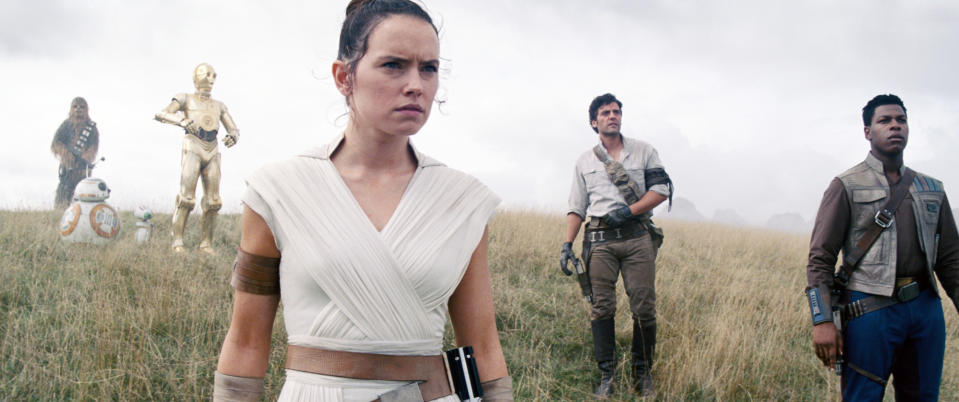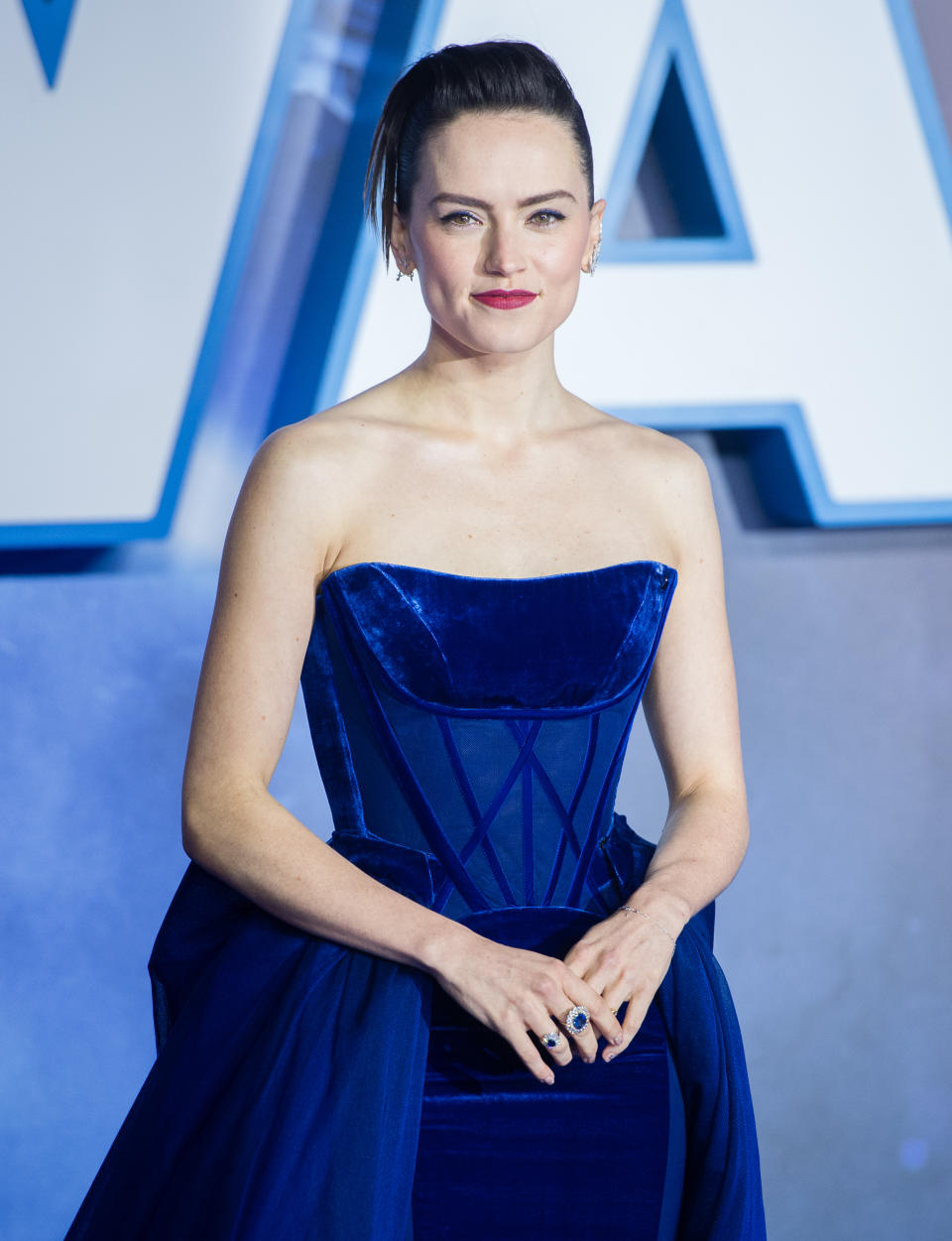Daisy Ridley Developed Holes In Her Stomach Wall Because Of The Severe Anxiety She Experienced While Filming "Star Wars"
Daisy Ridley recently opened up about her severe anxiety while starring in the Star Wars trilogy of sequel movies.

In an interview with Inverse, she recalled the immense amount of pressure she faced when joining the franchise in 2015 and even said that director J.J. Abrams told her, “Understand the scale. This is not a role in a movie. This is a religion for people. It changes things on a level that is inconceivable.”

Daisy went on to star in Star Wars: The Force Awakens (2015), Star Wars: The Last Jedi (2017), and Star Wars: The Rise of Skywalker (2019).
“When all of the craziness was going on, I was like, ‘I’m good. I’m good. I’m coping fine. Everything’s fine.’ And I was fine, for the most part. But I think what I was really grappling with was that it was my normal, but it was not normal to other people,” she added.

She said that the stress of the job took a huge toll on her mentally, so much so that it became isolating for her. “For friends and family, or any people who see something in a slightly different way than you do, there’s this projection of you, and you in that world, and how it feels to do this and that,” she explained. “And you’re like, ‘Well, actually, I’m just a human being, separate from that.’ It’s quite this wrestle, of the reality and the fantasy that’s often projected onto you.”

The anxiety also took a severe toll on her physically, and she shared that, by the time The Last Jedi came out in 2017, she had developed "holes in her stomach wall" because of the stress.

Mayo Clinic describes stress ulcers, or peptic ulcers, as "open sores that develop on the inside lining of your stomach and the upper portion of your small intestine." While these sores aren't directly caused by stress, they can make symptoms much worse and delay the healing process.
The diagnosis made her slow down and take a six-month break before coming back to film The Rise of Skywalker, the final movie of the trilogy.

“After the last Star Wars came out and everything was quiet, I was like, ‘What the fuck?’ I was grieving," she added, explaining that the COVID-19 pandemic actually helped her manage her anxiety. “Having to sit and just be still in lockdown was incredibly helpful, in a way I hadn’t anticipated. I realized there was a lot that I hadn’t processed properly.”

Inverse noted that Daisy's new film, Sometimes I Think About Dying, which she said she made after the pandemic, helped change her relationship with acting. "We made it coming out of lockdown, and everyone was thrilled to be together; the message I feel the film is sending is that connection is more important than everything," she said.

Read her full interview here.
The National Alliance on Mental Illness helpline is 1-888-950-6264 (NAMI) and provides information and referral services; GoodTherapy.org is an association of mental health professionals from more than 25 countries who support efforts to reduce harm in therapy.

 Yahoo Lifestyle
Yahoo Lifestyle 
